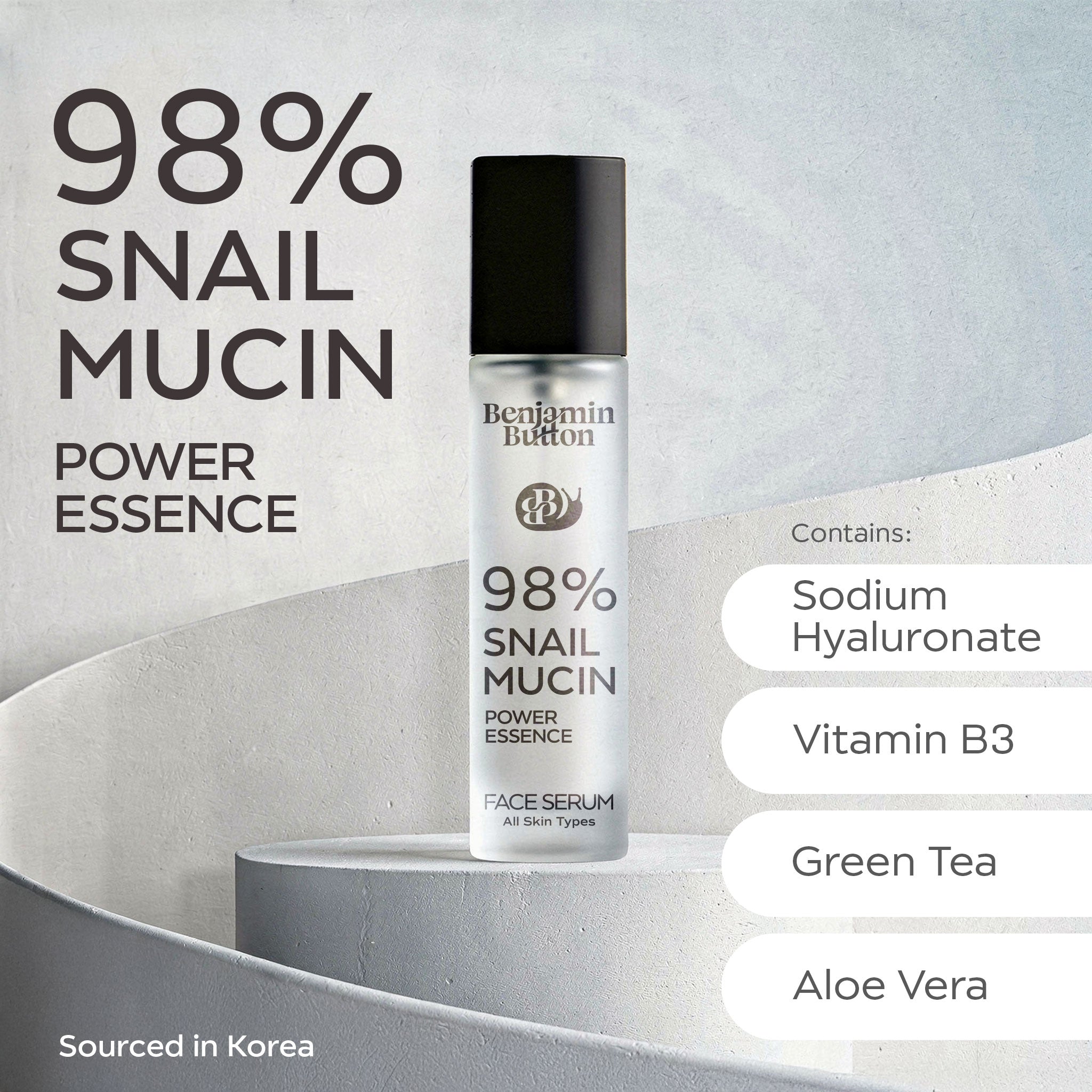Understanding Seed Oils
Seed oils have become a topic of heated discussion, especially with the rise of social media platforms like TikTok inundating users with health claims. With every swipe, new ‘health experts’ present alarming messages suggesting that seed oils are toxic and detrimental to our health. However, it is essential to take a step back and analyse these claims critically. Are seed oils genuinely harmful, or is there more to the story?The Basics of Seed Oils
Seed oils are derived from various plant seeds, including canola, sunflower, corn, and soybean oils. These oils are prevalent in many processed foods and are extensively used in cooking. Their popularity comes largely because they are versatile, have a high smoke point, and are relatively affordable compared to alternatives.Debunking the Myths
The growing narrative on social media often paints seed oils as the modern-day villain in dietary practices. Let’s examine some common claims and counter them with research-backed facts.- Claim: Seed oils cause inflammation.
- Fact: Scientific evidence does not universally support this assertion. In fact, many studies indicate that omega-6 fatty acids found in seed oils may help reduce inflammation when consumed as part of a balanced diet.
- Claim: Seed oils contribute to obesity and metabolic syndrome.
- Fact: Weight gain and metabolic syndrome result from an array of factors including overall diet, physical activity, and genetics. Blaming seed oils alone oversimplifies the issue.
- Claim: Seed oils are heavily processed and, therefore, harmful.
- Fact: While the processing of seed oils is different than that of whole foods, it does not necessarily make them harmful. Many oils undergo refining processes that remove impurities without significantly altering their nutritional profile.
The Nutritional Aspects
In terms of nutrition, seed oils provide essential fatty acids that our bodies cannot produce independently, particularly omega-6 fatty acids. These fatty acids are crucial for bodily functions and can play a vital role in maintaining heart health when consumed in moderation.Benefits of Seed Oils
Despite the claims circulated online, several benefits are associated with seed oils that are often overlooked:- Rich in Healthy Fats: Seed oils contain beneficial unsaturated fats which can be advantageous in a balanced diet.
- Versatility: They are suitable for various cooking methods, including frying, baking, and sautéing.
- Affordability: Compared to other oil options, seed oils tend to be economically accessible.
- Vitamins: Many seed oils are fortified with vitamins, providing additional nutritional benefits.
Understanding the Role of Moderation
One of the key takeaways from understanding seed oils is the concept of moderation. The quality of one's overall diet matters more than worrying excessively about one particular ingredient. Seed oils can be part of a healthy diet when consumed alongside whole foods, fresh fruits, and vegetables.The Importance of Balance
It is crucial to maintain a balanced approach towards eating rather than following the trends that TikTok promotes. Engaging with varied food sources ensures that we do not develop deficiencies or health problems associated with overconsumption of any one type of oil.Expert Opinions vs. Social Media Sensations
In the age of social media, it can be challenging to distinguish between actual expertise and sensationalist claims. Many TikTok users may not possess the nutritional background necessary to substantiate their health arguments. In contrast, respected nutritionists and dietitians base their recommendations on extensive research and clinical studies.- Seek Qualified Sources: It is essential to follow certified professionals who provide evidenced recommendations.
- Question Everything: Challenge health claims that lack scientific backing.
- Educate Your Diet: Understand the nutritional value of the foods you consume.
The Bottom Line
While the conversation around seed oils is ever-evolving, it is evident that they hold a place in a healthy diet when used correctly. Instead of blindly following trends fueled by social media, embrace a diversity of food choices that support your overall health. By considering expert guidance and examining research findings, you can make informed decisions that contribute positively to your wellbeing.In conclusion, rather than succumbing to the fear-mongering surrounding seed oils on platforms like TikTok, focus on cultivating a scientific approach to nutrition. Seed oils are not the enemy; rather, they are part of a more extensive dietary landscape that, when navigated wisely, can support a healthy lifestyle. Moderation, education, and balance are the cornerstones of making enlightened dietary choices.






















